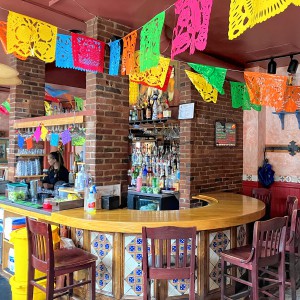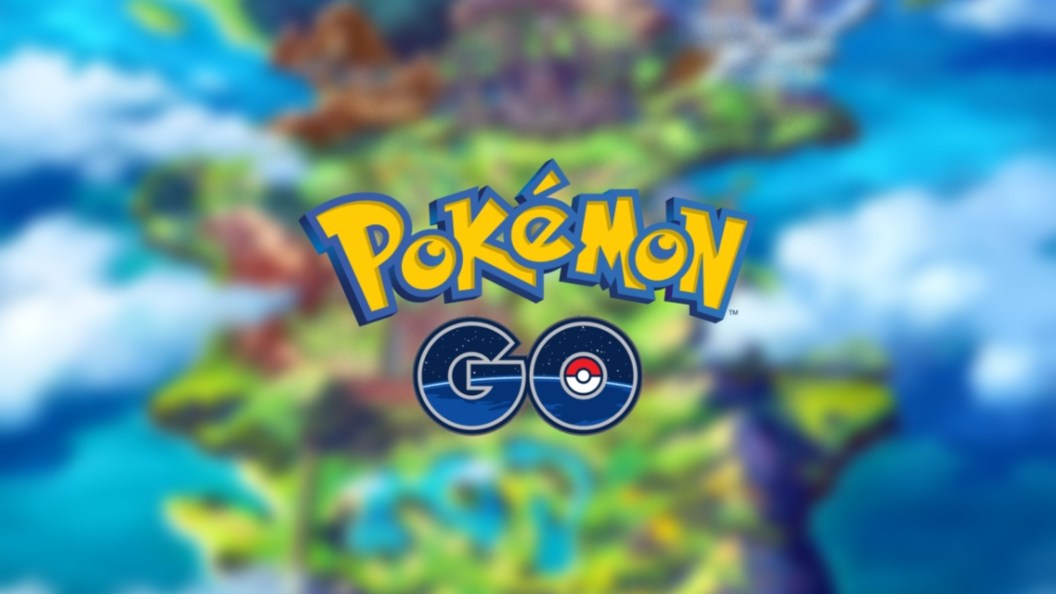Goma, in the Democratic Republic of the Congo, was recently overrun by rebels from Rwanda, which still suffers shockwaves from ethnic genocide three decades ago. During that atrocity, westerners may have heard of Joseph Kony’s so-called Lord’s Resistance Army (LRA), originally Ugandan rebels against once-rebel turned Ugandan president Yoweri Museveni. Read this article for free: Already have an account? To continue reading, please subscribe: * Goma, in the Democratic Republic of the Congo, was recently overrun by rebels from Rwanda, which still suffers shockwaves from ethnic genocide three decades ago.
During that atrocity, westerners may have heard of Joseph Kony’s so-called Lord’s Resistance Army (LRA), originally Ugandan rebels against once-rebel turned Ugandan president Yoweri Museveni. Read unlimited articles for free today: Already have an account? Goma, in the Democratic Republic of the Congo, was recently overrun by rebels from Rwanda, which still suffers shockwaves from ethnic genocide three decades ago. During that atrocity, westerners may have heard of Joseph Kony’s so-called Lord’s Resistance Army (LRA), originally Ugandan rebels against once-rebel turned Ugandan president Yoweri Museveni.

Kony’s vile group has used rape, murder, mutilation and recruitment of child soldiers for decades to resist often equally vicious government action in the Congo, Rwanda, Uganda and South Sudan. Instructor and poet Otoniya J. Okot Bitek brings unfamiliar political and cultural alignments down to a chillingly human level in her first novel, set mostly in the 1990s.
Greg Black photo Otoniya J. Okot Bitek Okot Bitek’s father was renowned Ugandan poet Okot p’Bitek, who wrote mostly in the Acholi language of Uganda and South Sudan. She was born in Kenya, while her parents were refugees from Ugandan unrest in the 1960s.
She currently resides in Ontario. ’s multiple narrators in shifting times and places express the nightmarish experiences of young girls brutalized by the LRA. While rarely graphic, the novel is suffused with the numbing hopelessness of children ripped from their families, and eventually trying to escape captivity, and navigate cultures’ apparent willingness to forget the devastation of a violent past.
The opening, “In the Market,” finds Miriam and Helen shopping, as adults. Helen is accosted by a former rebel, and disturbed that a “market woman may have discerned that she used to be married” to him. Avoiding his unwelcome interest shows the former child slaves are still haunted by their pasts, and abusers who stole them from families and freedom.
The narrators’ stories intertwine as the children grow in different journeys, struggling to deal with unspeakable treatment and degrading displacement. The writing moves between childlike innocence and more mature reflection on the past. Okot Bitek’s poetic skills also inform the novel’s narrative.
The nightmarish jumbles seem chaotic, which may be the best way to show outsiders the disruptive inhumanity of the victims’ situations. As children, most cannot begin to fathom how adults, and other children, can be such terrible people. Childhood fables about animals using guile to find food, and escape from being eaten, sometimes “come true” in desperate attempts to give meaning to the turmoil of their existence.
The growing victims often focus on the most mundane matters, such as “what we carried,” the importance of water, to escape in their minds from the punishment and instability they do not deserve. Some of Okot Bitek’s poetic pieces in the Acholi language are not translated into English. This can be mystifying, making the reader wish to be more aware of how the children are coping with such abuse.
Helen is abducted from her boarding school, realizing that late-night interlopers are not speaking the dialect of the school’s workers, so they must be dangerous. Her determination that “They can’t see me” as she hides under her bed seems to be associated with an untranslated Acholi sentence: “There are no people here.” We, the Kindling Nightmarish.
Okot Bitek’s tone is never vindictive, and rarely points out ethnicity or colour as a source of the evil the “leaders” inflict on their minions. A white nun risks her life trying to free recently abducted students. Helen’s child by rape gives her a link “forward into the future.
” Bearing children also meant protecting them from their pasts: “We waited for time to undo the paternities of the children, for the children to stop asking who their fathers were.” Maybe some day Western culture will remember to pay attention also to victims of African atrocities. Bill Rambo is a retired teacher who spent many of his formative years in the Democratic Republic of the Congo.
We, the Kindling By Otoniya J. Okot Bitek Alchemy by Knopf Canada,224 pages, $33 Advertisement Advertisement.
Entertainment

Impact of African atrocities run deep in chilling debut

Goma, in the Democratic Republic of the Congo, was recently overrun by rebels from Rwanda, which still suffers shockwaves from ethnic genocide three decades ago. During that atrocity, westerners may [...]















